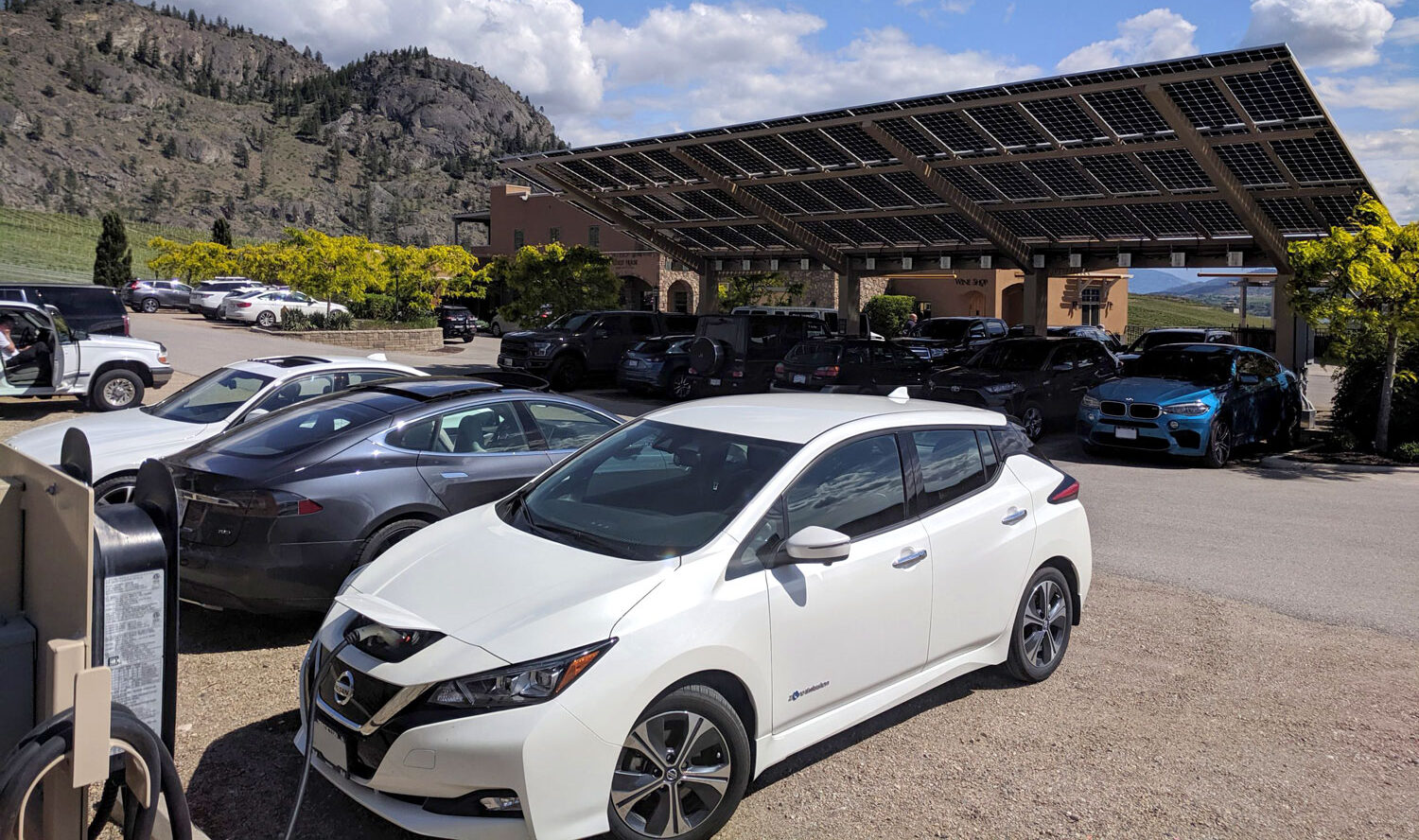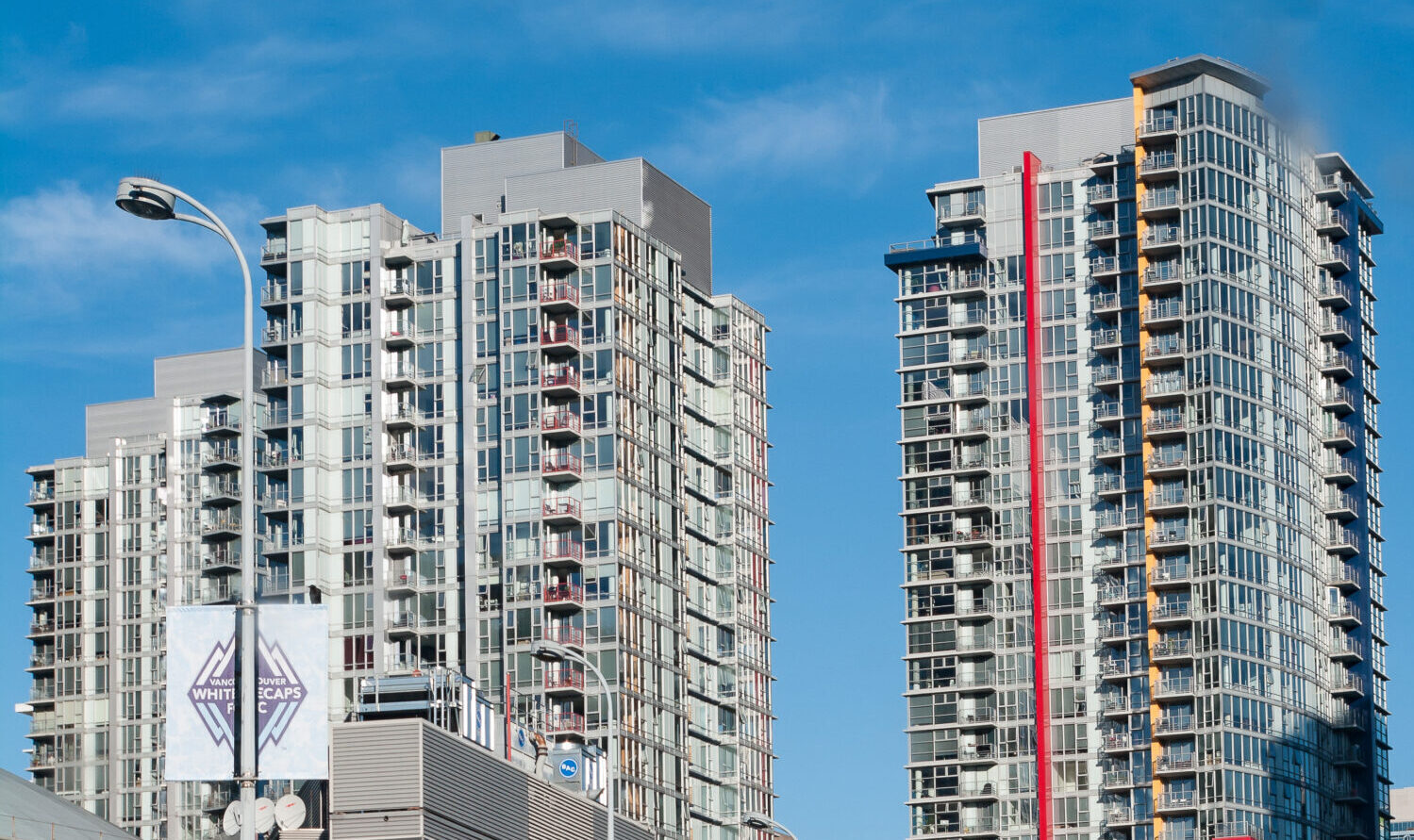
What’s holding EV’s back in BC?
It has been over a decade since the Electric Vehicle revolution began in North America and worldwide. Things have progressed quickly for this niche corner of the automotive industry, and major growth is projected over the next 5 years, yet electric vehicles are not the main buying choice for the average consumer. We have seen a major shift to electric vehicles in the province. For example, the Nissan Leaf (2019 Registrations = approx. 4,200)1 and Tesla Model 3 (2019 Registrations = approx. 5,000)1 EV registration numbers have increase significantly over the past 2 years, and these best sellers have continued to be a favorite for drivers in the region. 1 ICBC Registrations by vehicle model- 2019
Even though these vehicles are being sold by the thousands, this still represents around 10% of new car sales and a little less than 1% of overall vehicle registrations in the province every year. Small potatoes compared to the hundreds of thousands of fossil fuel burners that are on the road.
So what are the issues influencing the rapid adoption of EV’s in our region? What solutions exist to combat these issues and support EV sales in Metro Vancouver and more broadly BC? Let us discuss!
Cost
There is still a cost different between many electric vehicles and their ICE counterparts. This is a huge turnoff for many people if it’s taken at face value and not calculated over the useful lifetime of the vehicle. We drafted a helpful breakdown of the total cost of ownership of electric vehicles that provides perspective on how EV’s can save you money over the useful vehicle life. You can read that post here
Many new vehicle buyers are looking to finance or lease their vehicles at the lowest possible month to month cost, so a pricing differential of 7-10k in purchase price is a turnoff for many buyers.
The Solution
Federal, Provincial and Scrap-It Incentives can provide up to $11,000 that bridge the cost gap between EV’s and their ICE cousins. We wrote a great summary of all of the incentives currently available in BC and Canada, you can view that in more detail here.
Vehicle Variety
Over the past decade, SUV’s (specifically compact SUV’s) and trucks have been dominating sales in North America. The Ford F150 is currently the best-selling vehicle, period.
Until recently, the Battery Electric Vehicle model range was limited to hatchbacks, sedans and two door vehicles. This was mainly because the drivetrains are designed for maximum efficiency, the smaller, lighter and more efficient the vehicle the further you could drive. Plug In Hybrid drivetrains found a more diverse model range and included some SUV’s. Unfortunately, these models were typically limited to short battery ranges with a gasoline motor as backup, not a practical solution if you wanted to end your addiction to fossil fuel.
The Solution
In 2020, battery technology has reached the tipping point of size/weight vs energy density. More vehicle shapes and sizes are coming to market to fit the model gaps that existed over the last decade. Rivian, Tesla, Ford (and many others) are coming out with Battery Electric trucks and SUV’s that are perfectly positioned to meet the consumer demands. Watch this space as we regularly post updates on new electric vehicles.
Education of Public and Sales Staff
The automotive world is riddled with false information and myths about electric vehicles. Many consumers still associate electric vehicles with early EV’s like the Mitsubishi iMiev or Nissan Leaf Gen 1 which barely got 130kms of range and had a battery half-life of 6-8 years if you were lucky. That is no longer an issue.
The reality is that the industry has come so far in terms of driving range, reliability and overall usability of an electric vehicle. Yet these misconceptions still exist and come up regularly in our day to day conversations.
Furthermore, the automotive sales force is poorly equipped to setup a new EV owner with all the information they need to charge and maintain their vehicle. The rush to close the sale without having a fully comprehensive conversation about how the new EV fits into the owner’s lifestyle sometimes creates issues down the road.
The Solution
The Province of BC has invested heavily into electric vehicle education and outreach programs to educate the general public and dealership staff about the electric vehicles. Programs like CEV for BC and Emotive are connecting with tens of thousands of people to explain the benefits of electric vehicles. Sales staff are undergoing training through the CEV program, so they can prepare customers with all the information they need to have a positive driving experience.
EV peer networks like the Vancouver Electric Vehicle Association and the Tesla Owners Club of BC hold regular monthly meetings and education sessions to help EV owners navigate ownerships issues or simply to provide introductions their new vehicles.
Charging
Almost 50% of Metro Vancouver residents live in Multi Unit Residential Buildings(MURBs) such as condos or townhouses. This is proving to be a significant barrier to charging electric vehicles in our region. Local municipalities like the City of Vancouver, City of Richmond and the City of Burnaby (among others) have developed bylaws to ensure that all new MURB builds are equipped with EV charging and also have the electrical capacity to handle up to 100% of parking stalls being electrified. The problem lies with older buildings that have to undergo extensive and sometimes costly retrofits.
Install EV charging as an expense to all the building owners is a contentious subject that typically requires a vote of owners to get approval for the installation. This results in in EV charging installations being quite complicated and costly in some cases.
The Solution
BC has been actively working on bolstering the public DC Fast Charging network. We now have an extensive regional network of fast chargers positioned to take the pressure of the need for MURB charging and to support the adoption of EVs in our region. See the Plug-Share map below for some perspective on the regional DCFC spread.
In order to soften the blow of a costly EV charging retrofit, The Province of BC and National Resources Canada has provided incredible incentives for EV charging installations in MURBS and public places.
As you may know, Cielo Electric specializes in EV Charging installations in Multi Unit Residences. We have worked with hundreds of Strata Corporations, Property Management Companies and Property developers to create the best solutions for residents throughout the Lower Mainland.
If you are is interested in installing EV charging, we can help. Cielo EV Charging Systems offers full system installation, comprehensive site assessments, feasibility reviews and system designs that can be customized for your location.


